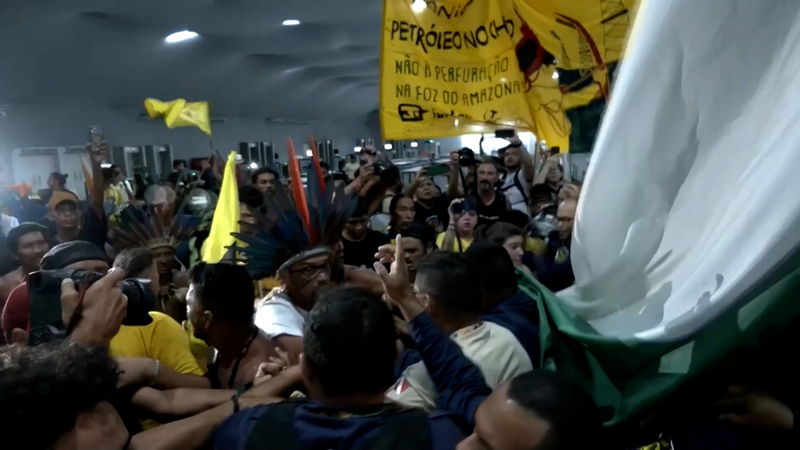Belém, Brazil — The first week of COP30, the 30th UN Climate Change Conference, has been marked by daily protests and sharp criticism over the United States’ absence at talks widely seen as pivotal for global climate action.
Outside the venue in Belém, local activists and youth campaigners rallied, demanding stronger commitments from attending nations and urging the US to rejoin the negotiations. Their message: without all major emitters at the table, any agreement risks falling short of what science demands.
Inside, delegates have kicked off negotiations aimed at translating the landmark Paris and Glasgow commitments into concrete plans. Many view COP30 as a test of global solidarity, especially as vulnerable nations push for financing and strategies to adapt to worsening climate impacts.
Scientists at the conference warned that the planet is approaching a temperature threshold from which there may be no return. With global average temperatures climbing, experts say every fraction of a degree of warming avoided could spare millions from severe hurricanes, droughts, and heatwaves.
As COP30 moves into its second week, attention will turn to key debates on emissions cuts, green finance, and support for frontline communities. Observers hope the momentum from grassroots protests and urgent scientific alerts will spur negotiators toward a bold, unified outcome.
Reference(s):
cgtn.com



